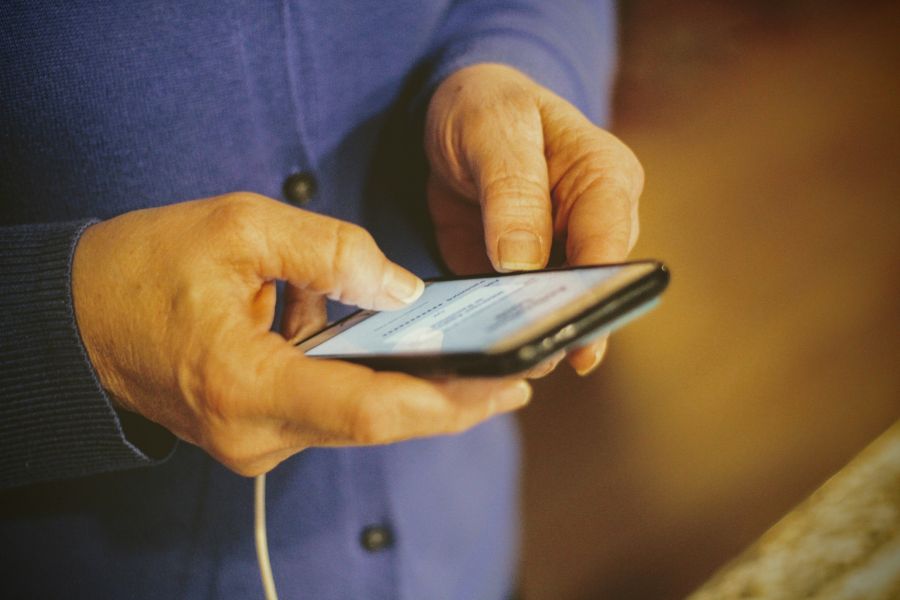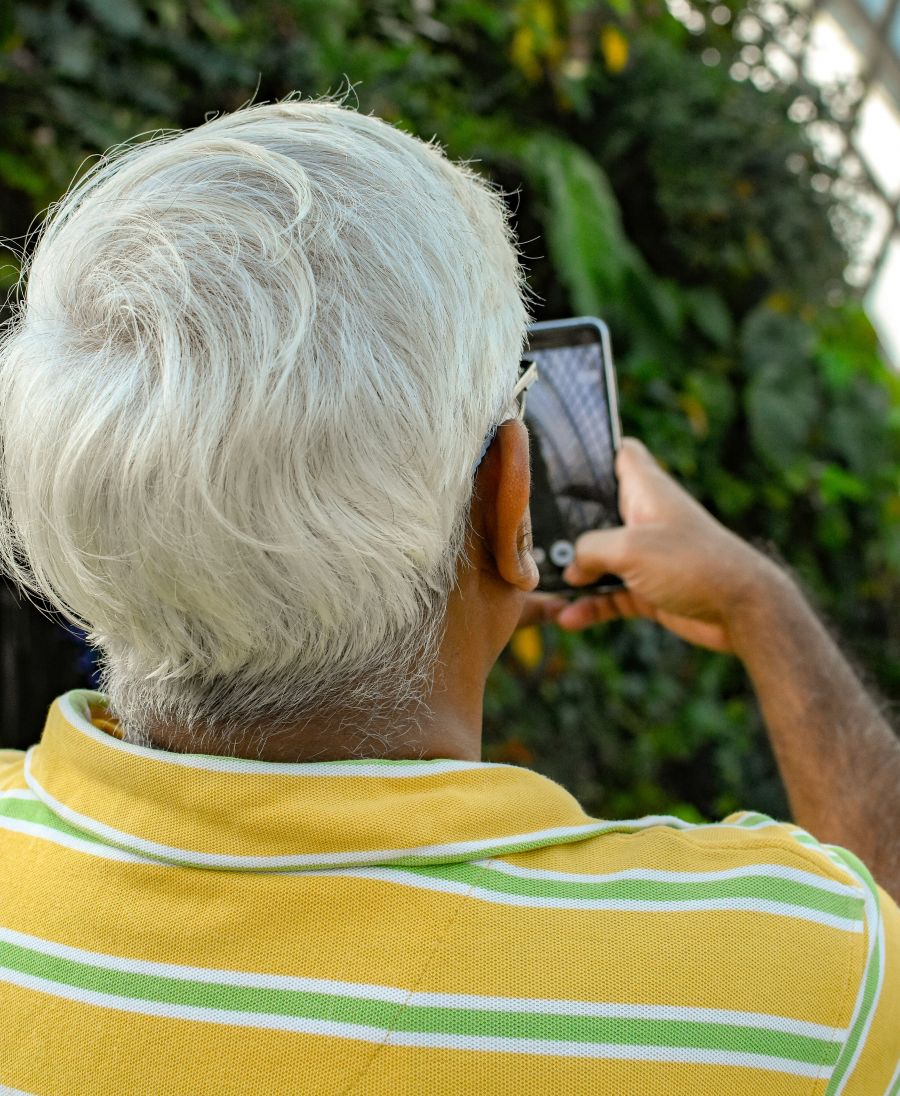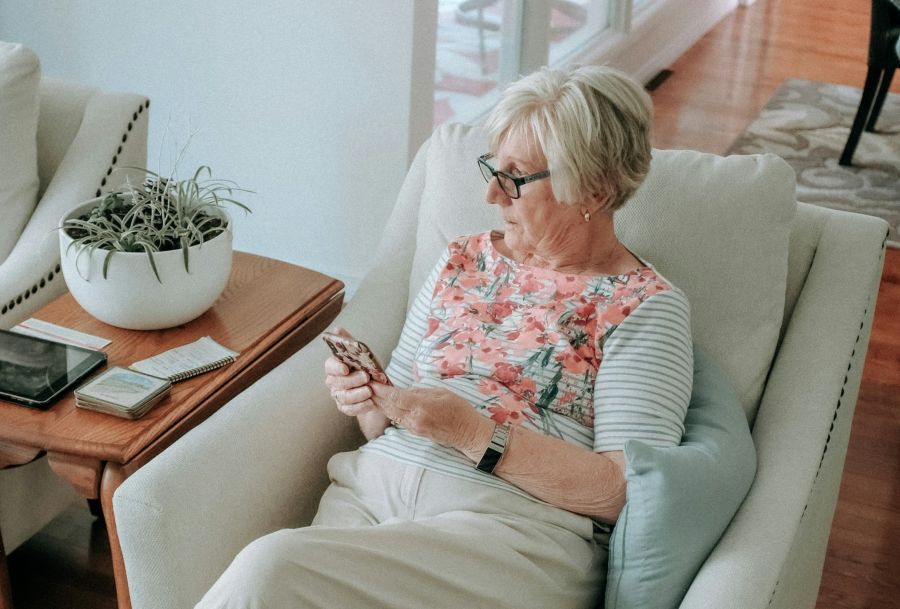Forget berating the kids for being on their phones all the time.
The 60+ crowd, the retiring and retired wave of Baby Boomers, are the new smartphone addicts, the digital junkies, the ones getting jittery when they can't access their devices.
AddictionResource.net, a free platform for individuals and families impacted by addiction, just released a survey on digital use by Baby Boomers and its potential indicators of digital addiction.

AddictionResource.net works on the premise that addiction is addiction, be it illegal drugs or your smartphone.
One may be worse than the other, but both are unhealthy and can be remedied with a conscious effort to improve and-or seek professional help.
By the way, Baby Boomers are the generation born 1946 to 1964, so they are 61 to 79 -- the age group that was hard-working, accumulated wealth and generally enjoy a great quality of life.
The biggest finding in the AdditionResource.net survey is that half of boomers spend more than three hours a day on their smartphone, 20% exceed five hours.
So, the survey concludes that boomers spend an average of over four hours daily on their smartphones.

The reality is smartphones are rarely used for jolly conversations with family, friends or coworkers.
Mostly, we're scrolling social media (generally, only of people we know peripherally), checking the news and weather obsessively and tinkering (wasting time) around the internet.
Determining a healthy threshold of daily screen time is complicated.
But, AddictionResource.net experts recommend that any adult limit recreational screen time to less than two hours a day.
That excludes any time you're on your phone or devices for work.
Since many boomers are retired, they aren't using their phones for work.
So, any and all screen time is so-called 'recreational' and four hours average of such use is considered too much or seeping into addiction territory.

Adults who spend six hours or more on screens every day are more likely to experience moderate to severe depression.
40% of those surveyed said they feel anxious when they don't have access to their digital devices.
10% admit to always checking their smartphone during meals, another 20% said often, 40% sometimes and 30% never.
Half of respondents said they check their smartphone within an hour of waking up everyday, 25% do so a few times a week, 15% rarely and 10% never.
Half of boomers have recognized that they're on their phone too much and have attempted to reduce screen time.
20% have been successful, another 30% have tried and failed.
The other half haven't perceived a problem and haven't attempted to reduce screen time.

AddictionResource.net pointed out that digital addiction isn't characterized solely by the amount of screen time, but by the degree to which your smartphone interferes with daily activities, responsibilities and overall well-being.
Thus, if you shun or are late to social engagements because you're on your phone, then you have a problem.
If you're giving short shrift to conversations or personal relationships because you're distracted by your phone, you have a problem.
You definitely have a problem if you're distracted driving, because that's against the law.
If you're skipping or cutting short exercise, personal hygiene, chores or errands because of screen time, you also have a problem.




















